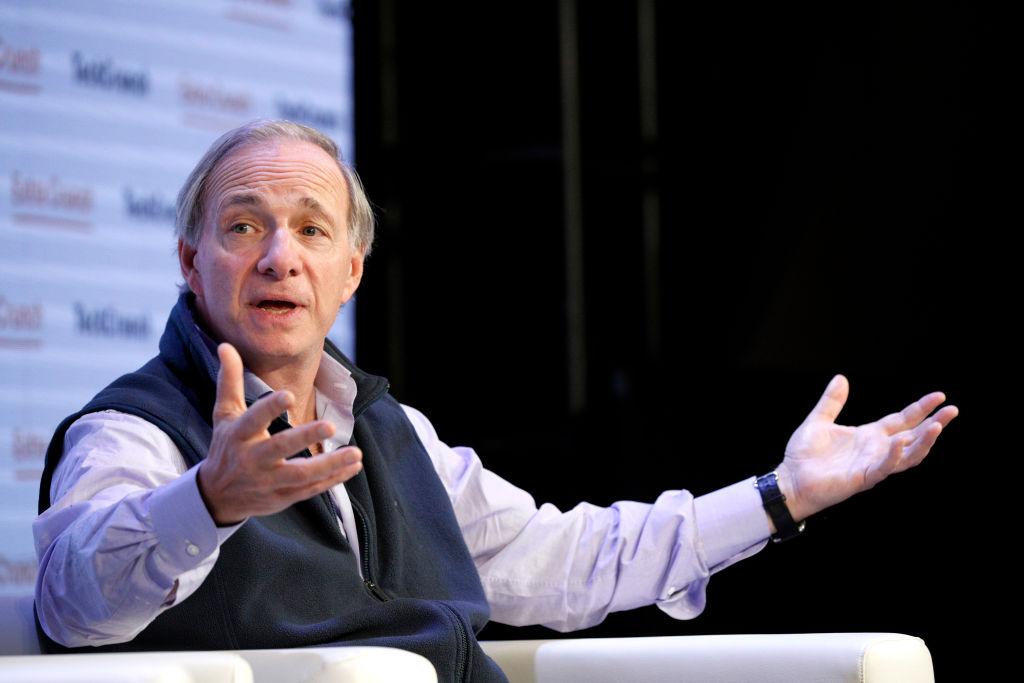Commentary
Envision a country in which “the state runs capitalism to serve the interests of most people” and our politicians won’t let “rich capitalists stand in the way of doing what they believe is best for the most people of the country.”

Envision a country in which “the state runs capitalism to serve the interests of most people” and our politicians won’t let “rich capitalists stand in the way of doing what they believe is best for the most people of the country.”